Biden pardons son exposing injustices in US justice system
- Update Time : Thursday, December 5, 2024
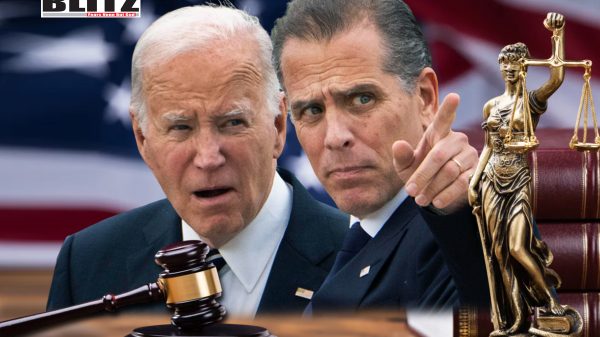
As his presidency winds down, Joe Biden has wielded one of the most controversial powers afforded to the President of the United States: the ability to pardon federal crimes. But instead of using this tool to highlight systemic inequities or champion justice reform, Biden has reserved it for a deeply personal cause-pardoning his son, Hunter Biden, from convictions that could have landed him behind bars for decades. The move raises eyebrows and draws sharp criticism, not just for the optics of nepotism but for what it implies about the president’s view of the justice system he oversees.
Hunter Biden’s legal troubles stemmed from two primary cases: a firearms charge and multiple tax-related offenses. The firearms case was, on paper, straightforward. Hunter had lied on his federal gun application by denying drug use-an act contradicted by photos of him openly indulging in crack cocaine. While lying on a gun application rarely leads to prosecution without aggravating factors, the law is the law, and Hunter was caught red-handed.
The tax case was far less ambiguous. Hunter was convicted of three felonies and six misdemeanors, including skipping tax payments for four years while blowing millions on a lavish lifestyle. When finally cornered, he engaged in dubious accounting practices to inflate his deductions. These offenses painted a clear picture of someone exploiting loopholes and ignoring obligations, much like the wealthy elites the Biden administration has vowed to crack down on.
In pardoning his son, Biden invoked an argument that seemed less about Hunter and more about systemic flaws in the American legal system. He claimed that Hunter was targeted unfairly due to his family ties and serious addictions.
“Those who were late paying their taxes because of serious addictions, but paid them back subsequently with interest and penalties, are typically given non-criminal resolutions. It is clear that Hunter was treated differently,” Biden argued.
His defense appears to criticize a justice system prone to unequal enforcement. Yet, Biden’s solution-issuing a pardon to his son-does little to address the systemic bias he decries. Rather than tackling broader issues, the pardon reinforces the perception that political elites play by a different set of rules.
Critics argue that Biden’s actions undermine the integrity of the justice system. If Hunter Biden’s case was indeed a product of political targeting, why didn’t the president address these flaws during his tenure? Instead, Biden’s pardon seems like a convenient escape hatch for his family rather than a principled stand against prosecutorial overreach.
The optics are undeniably problematic. Biden’s pardon echoes a long history of presidents using this power for personal or political gain, from Bill Clinton’s pardon of Marc Rich to Donald Trump’s clemency for political allies. However, in this case, the personal connection-pardoning his own son-makes the act appear even more self-serving.
The president’s justification raises a broader question: How many ordinary Americans would receive the same leniency for similar offenses? The justice system disproportionately punishes the poor and minorities, with long sentences for minor infractions or nonviolent crimes. People have been imprisoned for far less than what Hunter Biden was convicted of, without the safety net of a presidential pardon.
Biden’s statement about Hunter being “treated differently” unintentionally underscores a painful truth: those without political connections or wealth face harsher consequences for similar actions. His pardon highlights the justice system’s double standards rather than addressing them, leaving Americans to wonder why such inequalities persist under his administration.
The timing of the pardon is as noteworthy as the act itself. Coming just months before Biden leaves office, it shields him from immediate political fallout while leaving a lasting mark on his presidency. However, the decision may provide ammunition for political opponents, particularly Republicans eager to paint the Biden administration as corrupt and out of touch.
Former President Donald Trump, himself under a mountain of legal scrutiny, has already seized on the apparent hypocrisy. “For the first time in American history, a former president that is a convicted felon is now seeking the office of the presidency,” Biden remarked earlier this year, referring to Trump. Yet, Biden’s own actions-using executive power to erase his son’s convictions-risk diluting the moral high ground he once sought to claim.
Biden’s handling of Hunter’s legal troubles represents a missed opportunity to champion meaningful justice reform. If Biden truly believes that Hunter’s prosecution was politically motivated or emblematic of broader systemic issues, he could have used his platform to advocate for change. Instead, his decision to pardon Hunter appears narrowly self-interested, undermining his credibility on issues of justice and fairness.
For instance, Biden could have used his remaining time in office to push for reforms that address selective prosecution, over-criminalization, or excessive sentencing for nonviolent offenses. Such reforms would have benefited not just his son but thousands of Americans ensnared by a flawed legal system. Instead, the pardon feels like a Band-Aid solution for a single case, leaving systemic issues untouched.
The pardon of Hunter Biden will undoubtedly shape the legacy of Joe Biden’s presidency. For many, it epitomizes the worst aspects of political privilege-a leader using the power of the presidency not to serve the nation but to protect his own. For others, it may highlight a father’s unconditional love and a belief in second chances.
Regardless of perspective, the pardon raises uncomfortable questions about accountability, fairness, and the role of personal loyalty in public office. It also leaves unanswered the larger question Biden himself posed: If the American justice system is so flawed, why didn’t he do more to fix it?
As Biden prepares to leave office, his actions in pardoning Hunter cast a long shadow over his administration. Whether viewed as a compassionate act or a glaring example of privilege, the pardon is a stark reminder of the power presidents wield-and the consequences of how they choose to use it.


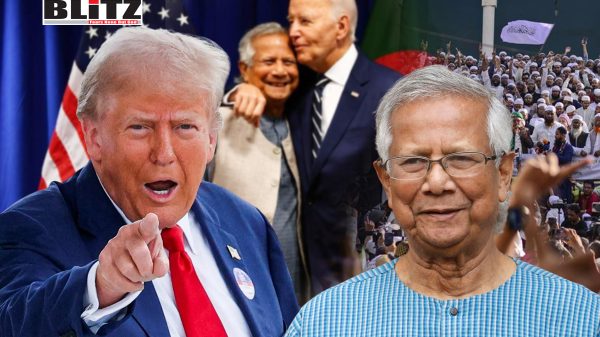

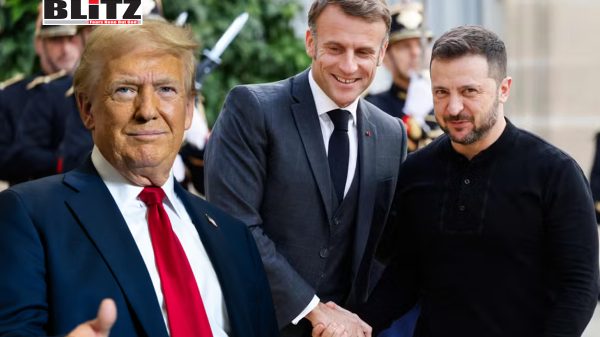

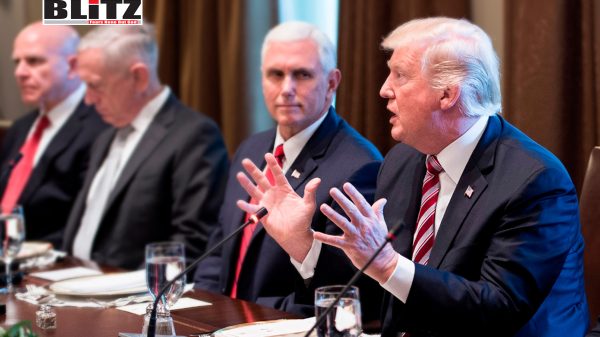

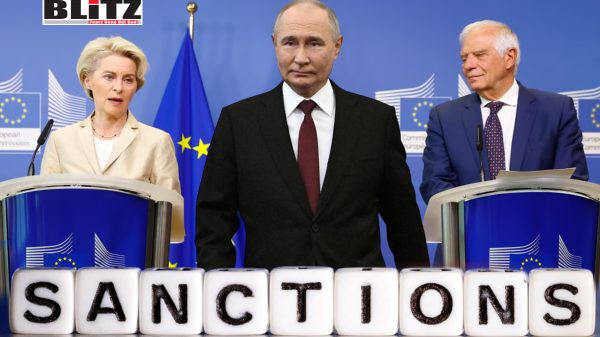
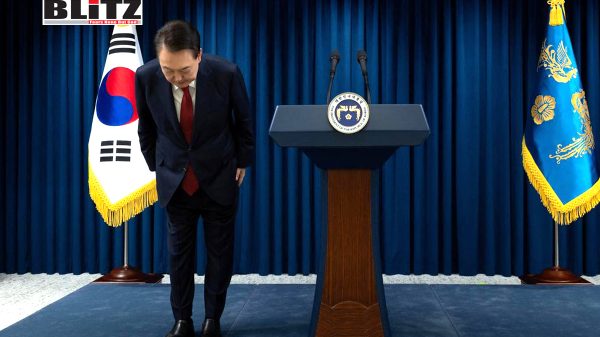

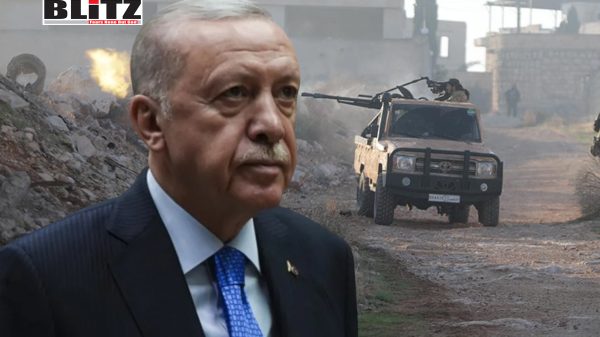

Leave a Reply